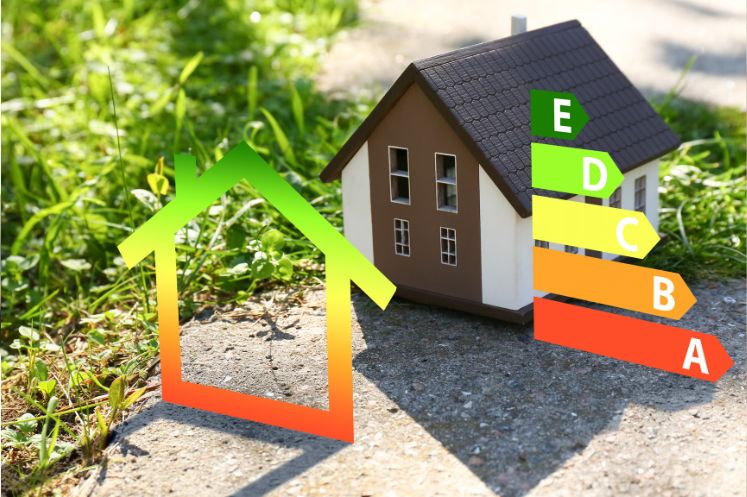Energy efficiency is an increasingly relevant topic in the construction and design of real estate. If you are thinking of selling, renting or renovating a property, you are probably wondering: is an energy efficiency certificate mandatory in Spain? In this article, we will answer all your questions about this document, its importance and when it is necessary to obtain it.
What is the energy performance certificate?
The energy performance certificate is an official document issued by a qualified technician that assesses the energy consumption of a property or building. This analysis classifies the energy efficiency on a scale from A (most efficient) to G (least efficient).
What information does this certificate include?
The certificate details key aspects of the property’s energy performance, such as:
- Estimated annual energy consumption.
- Carbon dioxide (CO2) emissions.
- Recommendations for improving energy efficiency.
This document is not only an informative tool, but also encourages the adoption of sustainable measures to reduce environmental impact and optimise energy consumption.
Contact our architectural firm
Is an energy performance certificate mandatory in Spain?
In which cases is it mandatory?
Since June 2013, Spanish legislation has made the energy performance certificate mandatory in the following cases:
- Sale of real estate: If you are going to sell a property, it is essential to have the certificate before formalising the purchase contract.
- Property rental: Landlords wishing to rent out their property must provide this certificate to the tenant.
- New constructions: All new buildings must have this document from the time of construction.
In addition, the certificate must be registered with the competent body in each autonomous community in order to be valid.
For more details on the current regulations and the cases in which the energy efficiency certificate is required, you can consult the official information on the website of the Ministry for Ecological Transition and the Demographic Challenge.
Are there exceptions?
Yes, the regulations exclude certain types of property from this obligation, such as:
- Buildings or monuments protected for their architectural or historical value.
- Temporary constructions with a period of use of less than two years.
- Industrial or agricultural buildings intended for non-residential use.
- Dwellings that are used less than four months per year.
If you are in doubt as to whether your property falls into any of these categories, it is advisable to consult a qualified professional.
How do I obtain an energy performance certificate?
Steps to obtain it
The process to obtain this certificate is simple and takes only a few steps:
- Hire a certifying technician: This can be an architect, quantity surveyor or licensed engineer.
- Property inspection: The technician will visit the property to assess elements such as thermal insulation, air conditioning and lighting systems.
- Issuance of the certificate: After the analysis, the document with the energy rating and possible recommendations is generated.
- Official registration: It is compulsory to register the certificate with the corresponding body in your autonomous community.
What are the consequences of not having the certificate?
Failure to have this document in the mandatory cases can lead to fines ranging from 300 to 6,000 euros, depending on the seriousness of the offence. In addition, without the certificate, you will not be able to formalise the sale or rental of the property, which can delay your plans considerably.
Benefits of the energy performance certificate
Although it may seem like just another formality, this certificate offers multiple advantages for both owners and buyers or tenants:
For owners
- Higher market value: A high energy rating increases the attractiveness of the property.
- Cost savings: The recommendations included in the certificate can help you reduce your energy consumption.sumo energético.
For buyers or tenants
- Clear information: It allows to know the energy costs before buying or renting the property.
- Sustainable commitment: Encourages the adoption of environmentally friendly practices.
How to improve the energy efficiency of your property?
If your property has a low rating, you can implement a number of improvements to optimise its energy performance:
- Thermal insulation: Improve walls, windows and ceilings to prevent heat loss.
- Efficient heating and cooling systems: Replace old equipment with modern, sustainable options.
- LED lighting: Reduces energy consumption in home lighting.
- Installation of solar panels: An excellent option for generating renewable energy.
Investing in these improvements will not only increase the energy rating of your property, but also reduce your energy bills.


